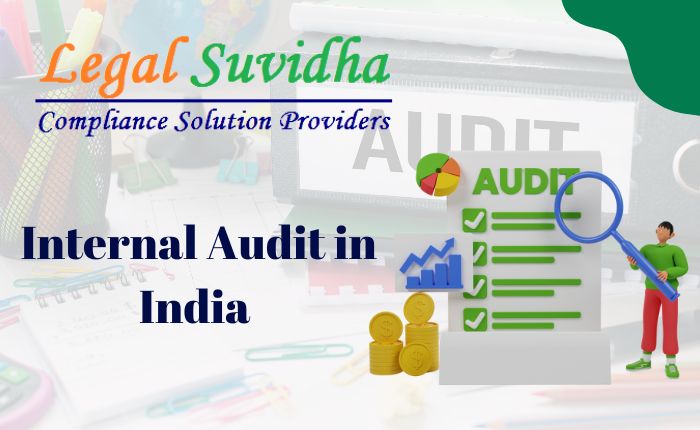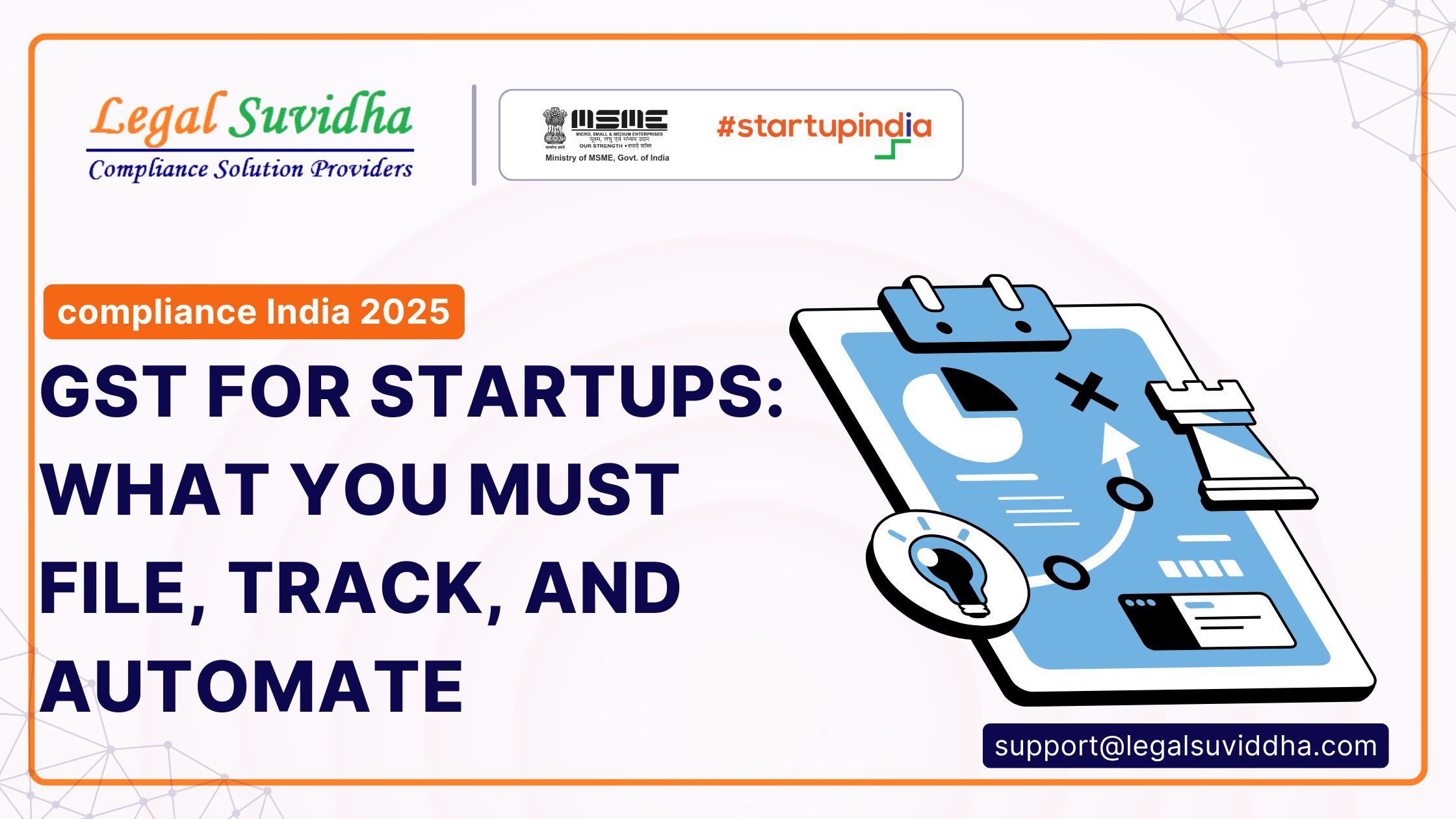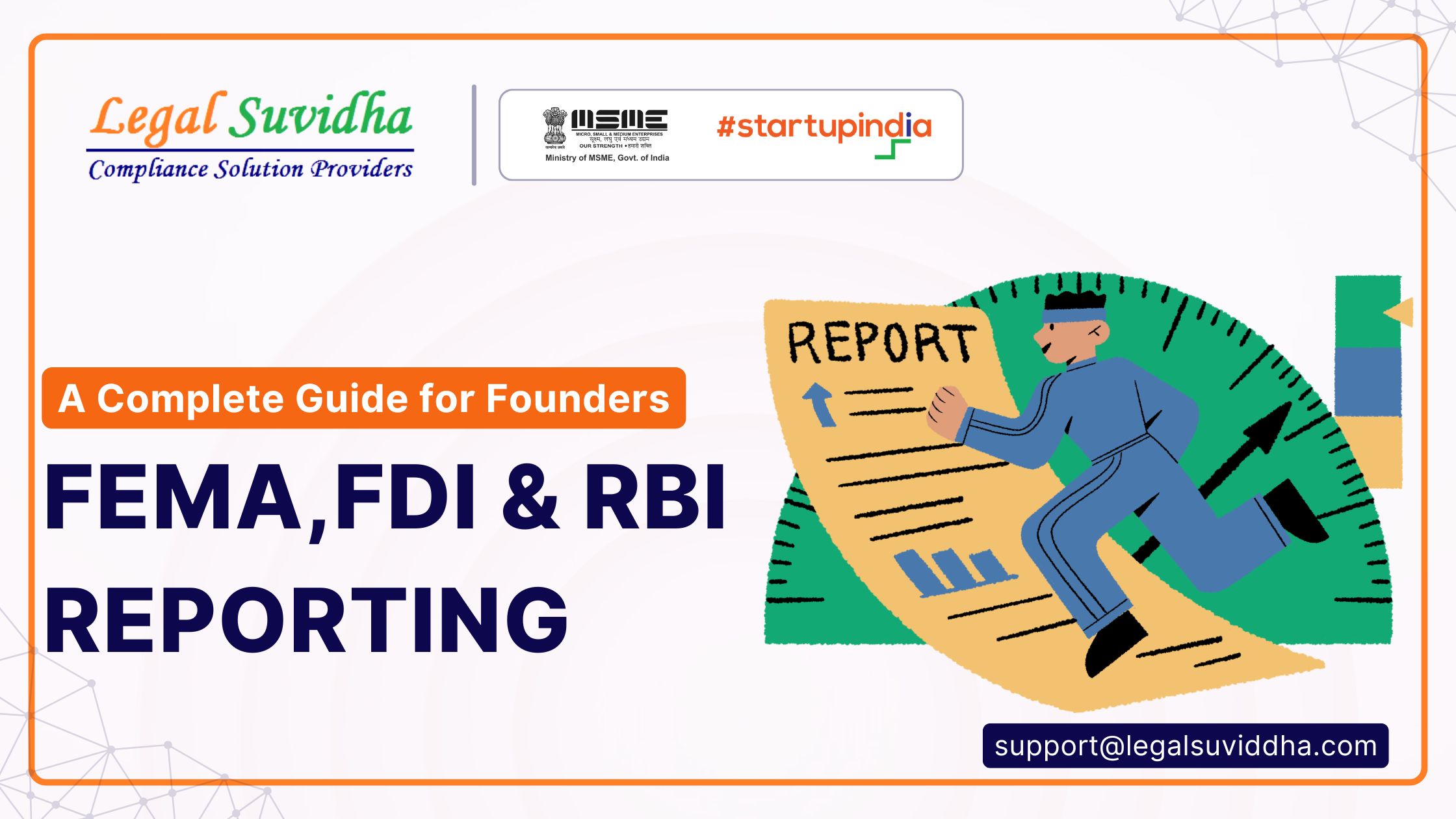Internal Audit is a crucial function in any organization, providing independent and objective assurance to the management regarding the effectiveness of internal controls, risk management processes, and governance mechanisms. In India, Internal Audit has undergone significant evolution over the years, driven by changes in regulatory requirements, business environment, and technological advancements.
The evolution of Internal Audit in India has been a long and significant journey. The concept of Financial Audit in India can be traced back to the early 1900s when the Indian Railways established the first Internal Audit department. Since then, Internal Audit has evolved to become an essential function in almost every sector, including banking, insurance, manufacturing, services, and government.
Evolution of Internal Audit in India
- In the 1960s and 1970s, the focus of Internal Audit shifted from traditional accounting functions to a more risk-based approach.
- The Reserve Bank of India (RBI) and other regulatory bodies started mandating the need for Internal Audits in various sectors, including banking, insurance, and non-banking financial companies.
- The Institute of Internal Auditors India (IIA India) was established in 1980 to promote the profession of Internal Audit and set professional standards.
- The IIA India has been instrumental in developing and disseminating knowledge and best practices related to Internal Audits in India.
- The IIA India has also played a key role in building the capacity of Internal Auditors through training and certification programs.
- In recent years, Financial Audit in India has undergone significant changes due to the increasing use of technology in business operations.
- Internal Auditors are now expected to have a good understanding of technology and its impact on business processes.
- They are also required to leverage technology tools such as data analytics, artificial intelligence, and robotic process automation to enhance the efficiency and effectiveness of their audit processes.
Overall, the evolution of Financial Audit in India has been driven by changes in regulatory requirements, business environment, and technological advancements. Internal Auditors need to keep themselves updated with the latest developments in the profession to provide valuable insights and recommendations to the management for effective risk management and mitigation.
Regulatory Framework for Internal Audit in India
- The regulatory framework for Internal Audit in India is governed by various laws, regulations, and guidelines issued by regulatory bodies such as RBI, SEBI, ICAI, and other statutory bodies.
- RBI mandates the need for Internal Audits in banks and other financial institutions through various circulars and guidelines.
- Banks are required to have an independent Financial Audit function that provides assurance of the adequacy and effectiveness of the internal controls and risk management processes.
- SEBI mandates the requirement for Internal Audit in listed companies through the Listing Obligations and Disclosure Requirements (LODR) Regulations.
- Listed companies are required to have an Internal Audit function that reports directly to the Audit Committee of the Board of Directors.
- The Financial Audit function is expected to provide assurance of the adequacy and effectiveness of the company’s internal controls and risk management processes.
- ICAI has issued various standards and guidelines related to Internal Audit, including the Standards on Internal Audit (SIA) and the Guidance Note on Internal Audit.
- These standards and guidelines provide guidance to Internal Auditors on the scope, methodology, and reporting requirements of Internal Audit.
- Other regulatory bodies such as IRDA, CAG, and CBDT also issue guidelines related to Internal Audits in their respective domains.
- The regulatory framework for Financial Audits in India is robust, and Internal Auditors need to adhere to the regulations and guidelines issued by the relevant regulatory bodies.
- Internal Auditors need to maintain their independence, objectivity, and professional ethics while providing assurance on the adequacy and effectiveness of the organization’s internal controls and risk management processes.
Risks and Challenges in Internal Audit
Internal Audit faces several risks and challenges, which can impact the effectiveness of the function. Some of these risks and challenges include:
- Lack of Independence: The management Audit function must maintain its independence to provide objective and unbiased assessments of the organization’s internal controls and risk management processes. However, there is a risk that the Internal Audit function may become too closely aligned with the business units or senior management, leading to a lack of independence.
- Inadequate Resources: Internal Audit requires skilled resources, including personnel with the required technical knowledge and expertise. Inadequate resources can impact the quality and effectiveness of Internal Audits.
- Inadequate Risk Assessment: The effectiveness of a management Audit depends on the quality of the risk assessment process. A weak or inadequate risk assessment can lead to an incomplete or ineffective Internal Audit.
- Limited Access to Information: Internal Audit requires access to all relevant information to perform its functions effectively. However, there may be situations where access to information is limited, which can impact the quality of the Internal Audit.
- Technological Challenges: Internal Audit requires access to information systems to perform its functions effectively. However, technological challenges, such as outdated or incompatible systems, can impact the quality and effectiveness of Internal Audits.
- Regulatory Changes: Changes in regulatory requirements can impact the scope and methodology of Internal Audit. Internal Auditors need to stay up-to-date with regulatory changes to ensure the effectiveness of Financial Audits.
- Competing Priorities: Management Audit needs to balance competing priorities, such as the need to complete audits within a specified timeframe, while ensuring the quality and effectiveness of the audit.
Strategies for Effective Risk Management and Mitigation
To effectively manage and mitigate risks in Internal Audits, organizations can adopt the following strategies:
- Robust Risk Assessment Process: An effective risk assessment process is crucial to identify and prioritize risks. Internal Audit needs to identify and assess all relevant risks and prioritize them based on their potential impact and likelihood of occurrence.
- Adequate Resources: Internal Audit requires skilled resources, including personnel with the required technical knowledge and expertise. Organizations need to ensure that Internal Audit has adequate resources to perform its functions effectively.
- Access to Information: Management Audit requires access to all relevant information to perform its functions effectively. Organizations need to ensure that Internal Audit has access to all necessary information, including financial and non-financial data, to identify and assess risks.
- Technology: Technology can help Internal Audits perform their functions effectively. Organizations need to invest in appropriate technology solutions, such as data analytics tools, to enhance the effectiveness and efficiency of Internal Audits.
- Risk-Based Audit Plan: Internal Audit needs to develop a risk-based audit plan that is aligned with the organization’s objectives and priorities. The audit plan should prioritize audits based on the potential impact and likelihood of occurrence of risks.
- Continuous Monitoring: Internal Audit needs to continuously monitor risks and assess the effectiveness of internal controls. Continuous monitoring can help identify emerging risks and ensure that the organization’s internal controls are effective in mitigating risks.
- Collaboration and Communication: Management Audit needs to collaborate with other functions, such as Risk Management and Compliance, to ensure a coordinated approach to risk management. Internal Audit also needs to communicate its findings and recommendations effectively to senior management and the Board of Directors.
By adopting these strategies, organizations can effectively manage and mitigate risks in Internal Audits, enhancing the effectiveness and efficiency of the function.
If You have any queries then connect with us at [email protected] or you can contact us & stay updated with our latest blogs & articles








